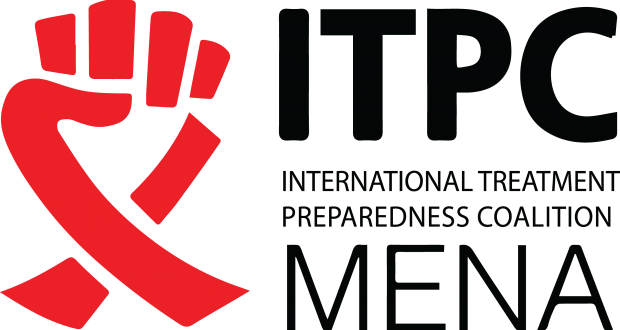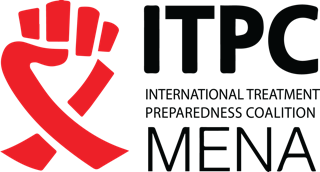
GLOBAL SURVEY ON ACCESS TO AND QUALITY OF HIV CARE AND TREATMENT – LEBANON & MOROCCO (MENA)
The International Treatment Preparedness Coalition (ITPC) conducted its first Global HIV Treatment Access Survey in 2018 to assess the current state of HIV/AIDS care and treatment services in 14 countries and to document the challenges and barriers facing people living with HIV who seek to access these services. This report gives a snapshot of two countries in the Middle East North Africa (MENA) region: Lebanon and Morocco. Interviews were conducted with 372 participants, including 363 people living with HIV, seven healthcare workers and two key stakeholders from the national AIDS programme in each country.
Since 2015, the World Health Organization (WHO) has recommended antiretroviral therapy (ART) for all infants, children, adolescents and adults living with HIV, regardless of CD4 cell count, both for its individual health. and quality of life benefits and for its potential to reduce HIV transmission1 Despite this recommendation, persistent gaps exist across the HIV care continuum, and progress reports fail to capture complex clinic- and social level experiences of people living with HIV.
Key Findings
- Timely diagnosis is still a challenge in Morocco: 38.7% people (116/300) were not diagnosed until they developed advanced HIV (a CD4 count of <200 cells/mm3), putting them at risk for serious illness and death. In Lebanon, 11.1% (7/60) of participants were diagnosed with advanced HIV
- In Morocco, 52.7% (158/300) of participants reported being tested for HIV after being ill or experiencing HIV-related symptoms. In Lebanon, 27% (17/63) of participants reported being tested after being ill or suspecting that they were having HIV-related symptoms.
- The distance to HIV services is still a challenge in Morocco: 23.7% (71/228) of participants reported that it took over an hour to reach the ART clinic, and 24% (72/228) reported travelling for over two hours. In Lebanon, 25.4% (16/63) of participants reported travelling up to an hour to reach the ART clinic.
- In Morocco, 10.7% (32/300) of participants stated that they were denied access to healthcare on more than one occasion due to their HIV status; in Lebanon, only one person reported this.
- In Morocco and Lebanon, HIV programmes face problems with sustainable funding and high prices for CD4 and viral load testing. Morocco faces challenges with medicine shortages and incomplete test kits, while in Lebanon, financing for testing is insufficient.
- In both countries, participants reported high adherence rates and mentioned the value of psychosocial support, underscoring the importance of providing counselling and mental healthcare within HIV services.
- In Morocco, testing for sexually transmitted infections (STIs) and viral hepatitis co-infection is limited; only 45.7% (137/300) of participants reported sexually transmitted infection testing and only 53.3% (160/300) reported hepatitis B virus (HBV) testing. In contrast, 92% (58/63) of participants in Lebanon were tested for STIs and 93.6% (59/63) for HBV.
- In Morocco, women have poor access to contraception; 18.3% (29/160) of women reported having no access at all. Also, women in Morocco reported a significant gender-based disparity in access to condoms: 34.4% (55/160) of women did not have access to condoms versus 14.7% (20/136) of men.
In both countries, rates of self-stigma were high. In Morocco, 61% (183/300) of people living with HIV blamed themselves for having HIV, as did 54% (34/63) of people living with HIV in Lebanon.
Read this document in Arabic here









